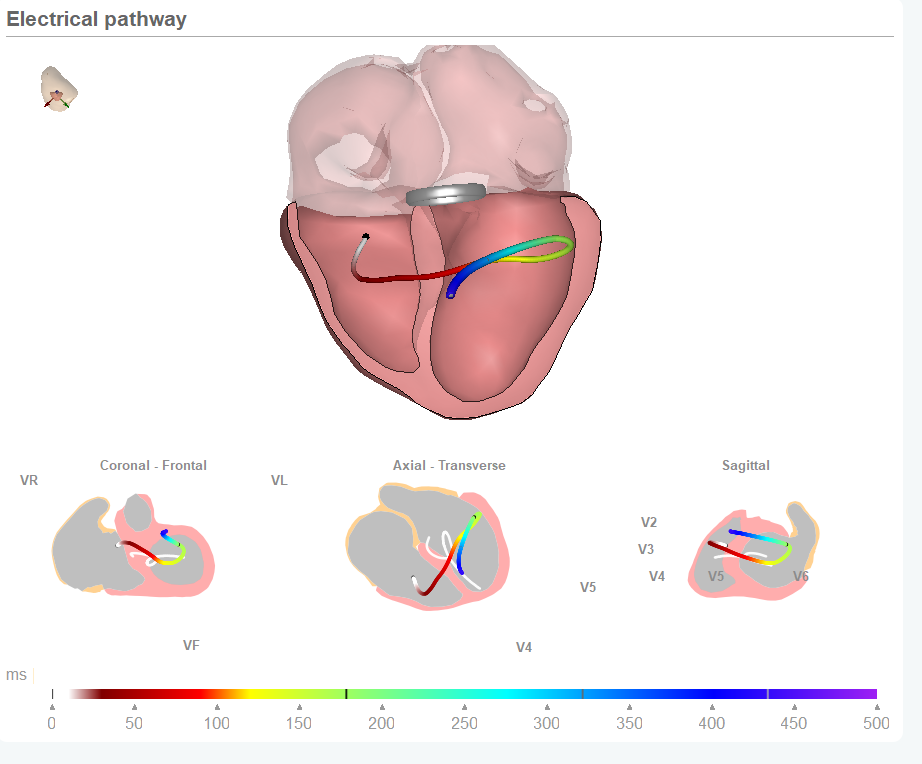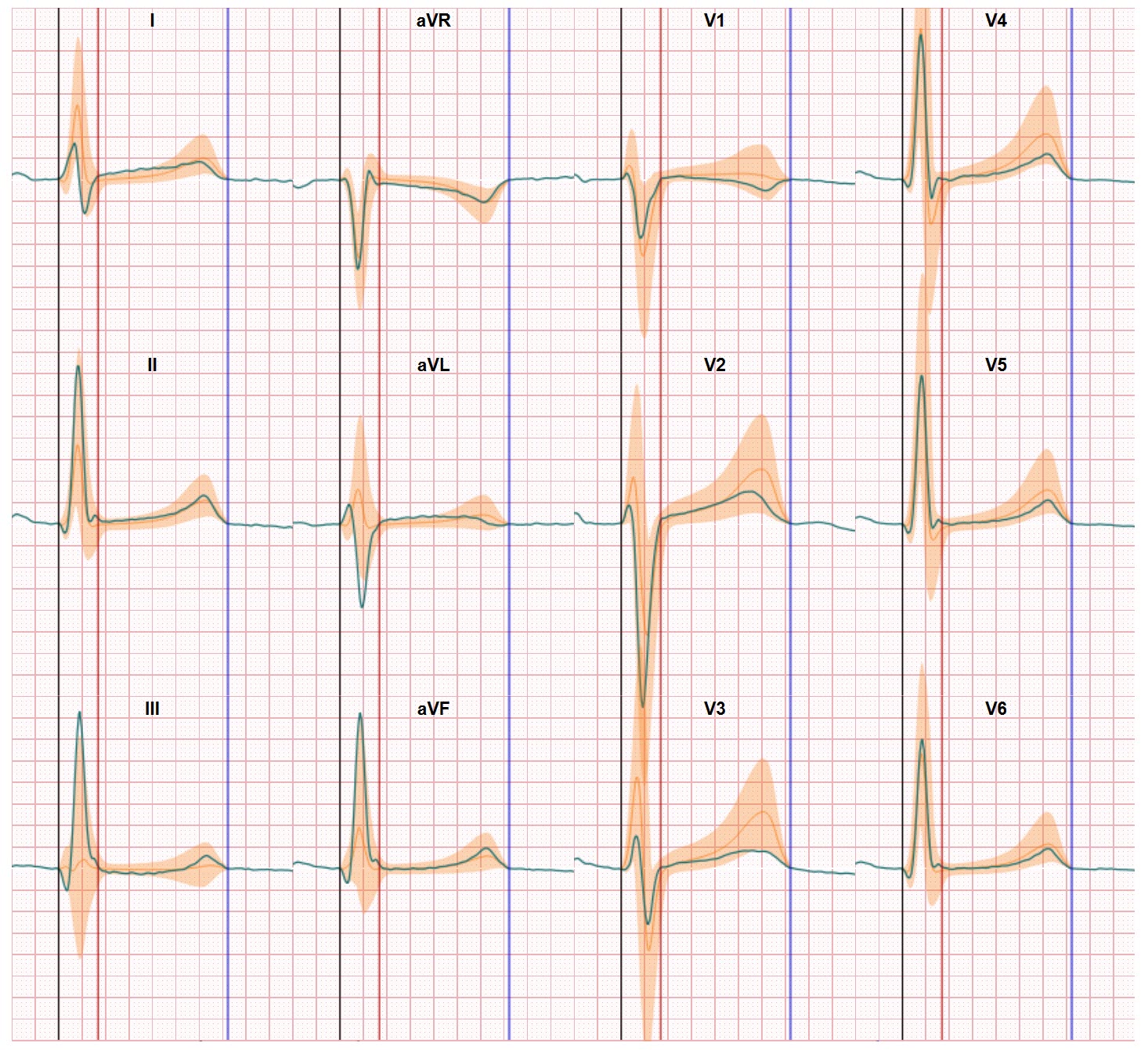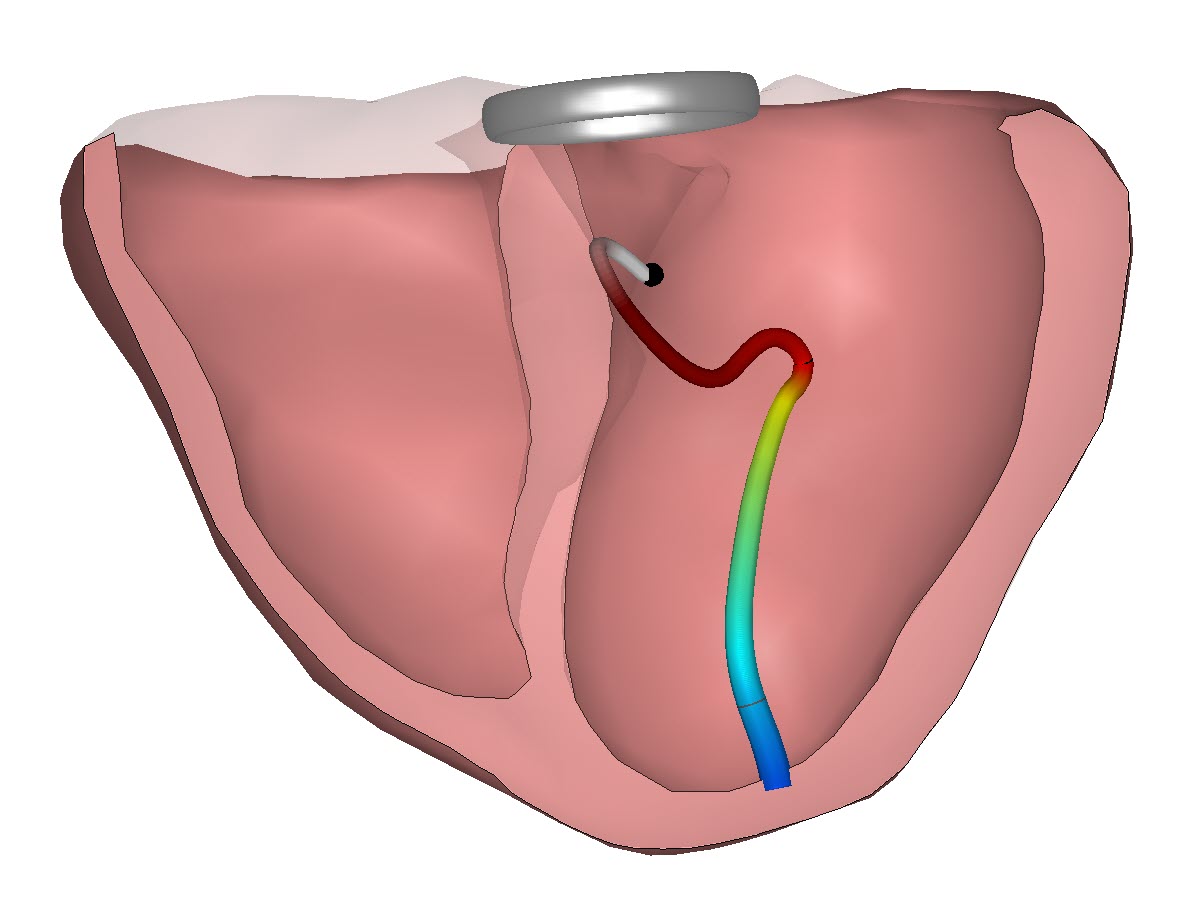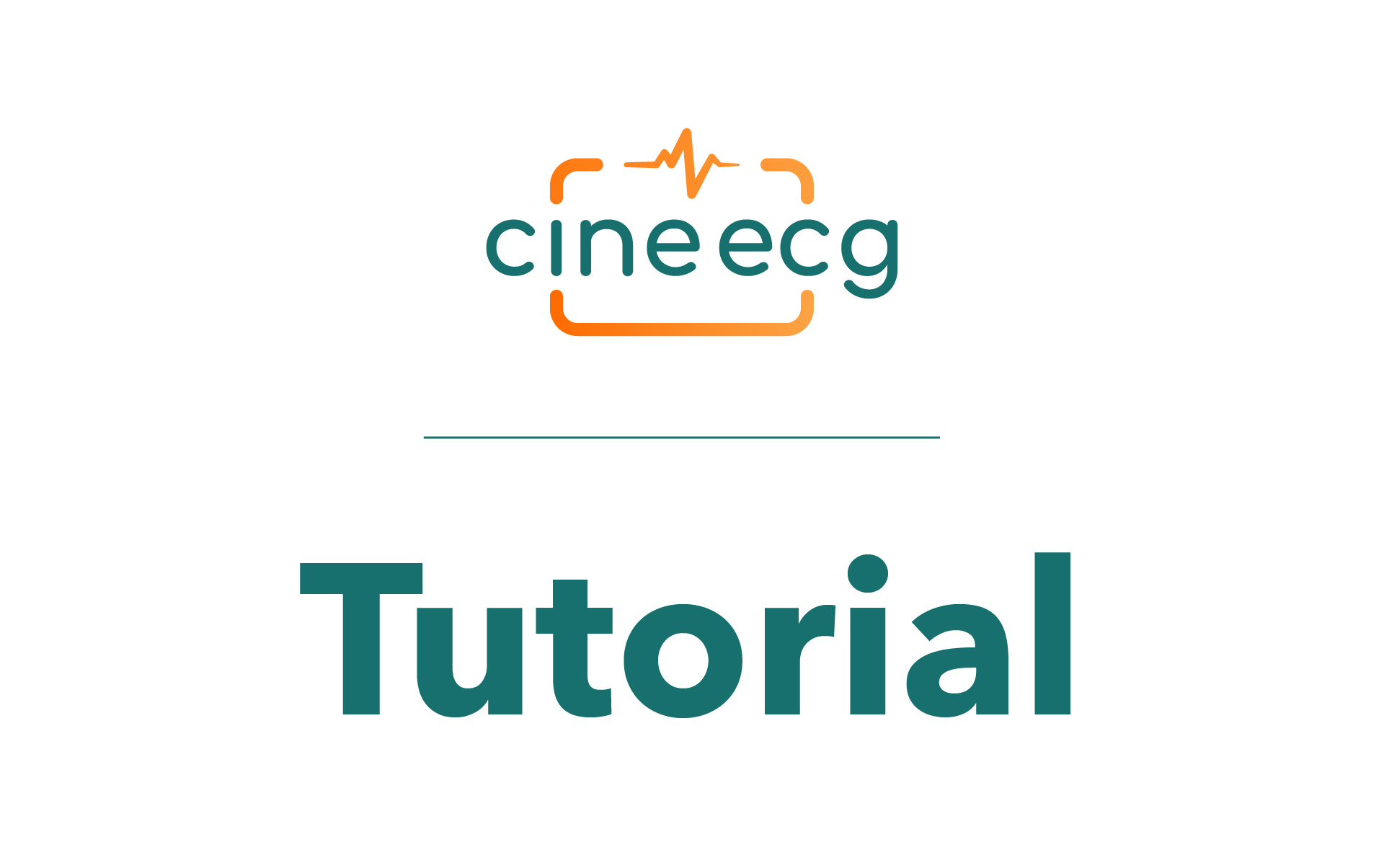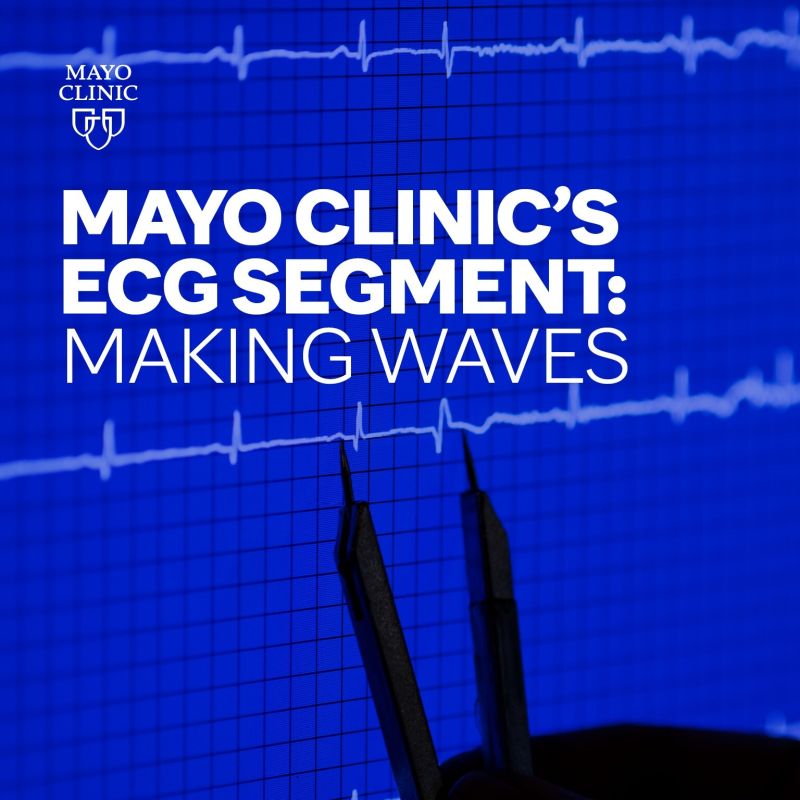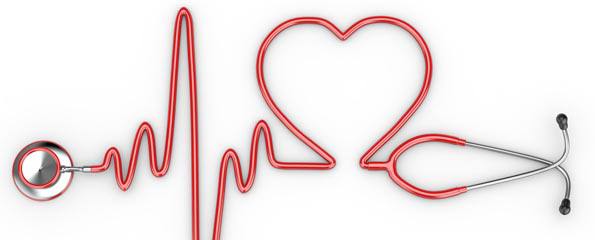For the past decades the future of automated ECG interpretation has been dominated by the innovations which have been created by a small team lead by professor Peter Macfarlane from Glasgow University. In a recent podcast from Mayo Clinic’s ECG Segment: Making Waves professor Macfarlane is questioned on his views of the next steps in ECG interpretation.
Anthony Kashou MD who conducts the interview with prof. Macfarlane has noticed automated ECG interpretation is somewhat in a revival mode with the rise of Artificial Intelligence and this is acknowledged by Macfarlane.
Macfarlane envisages two basic improvement routes for automated ECG interpretation: The use of machine learning models and the comparison of a person’s ECG over time.
Automated ECG interpretation based on applying machine learning technologies must be able to further improve the accuracy of ECG interpretation since a computer is not hindered by the limitations of the human brain to related to multiple dimensions in the data. Overlooking data will be come less of a risk. And ECG comparison options more or less follow a similar reasoning. Using computing power to compare ECG waveforms is far quicker and with less risk of overlooking significant details.
Both Macfarlane and Kashou recognize the added value of automated ECG interpretation for the work of non cardiologists since the automated ECG interpretation can support them in differentiating between normal and abnormal ECG’s. But as Macfarlane clearly states: the machine can be better than a junior fellow in cardiology but it’s impossible for a machine to be better than a trained consultant position cardiologist. And the reason Macfarlane provides for this is interesting: one cardiologist would differ from another. So apparently there’s still an element of subjectivity in ECG interpretation.
The future of automated ECG interpretation has more to offer.
From our team’s perspective we have a deep and great respect for Professor Macfarlane,but we differ on this future perspective. We agree with him that 100% always accurate automated ECG interpretation is unlikely to happen. Especially since the ECG only provides a part of a information regarding the health condition of the heart and the person. From this perspective we agree automated ECG interpretation should be regarded as a second opinion. But we do think (and are the process of proving this) that automated ECG interpretation can outperform also human experts in terms of consistency and accuracy. Not on a case by case base but on average the automated ECG interpretation is able to see more in the ECG.
But this will not happen if we just pursue putting more computing power in analyzing current ECG patterns. If we proceed this way automated ECG interpretation will be limited by the same issues which have hindered human interpretation over the years. The ECG data, especially the ECG waveforms are influenced by multiple factors (such as heart orientation, electrode positions, conduction, gender) and are only presented in a 2dimensional view to physicians which adds another level of complexity to the interpretation. In our view(s) the ECG data must be related to the heart anatomy and this way all the data suddenly make much more sense. If you want to learn more, and try new ECG views, please visit our website.

